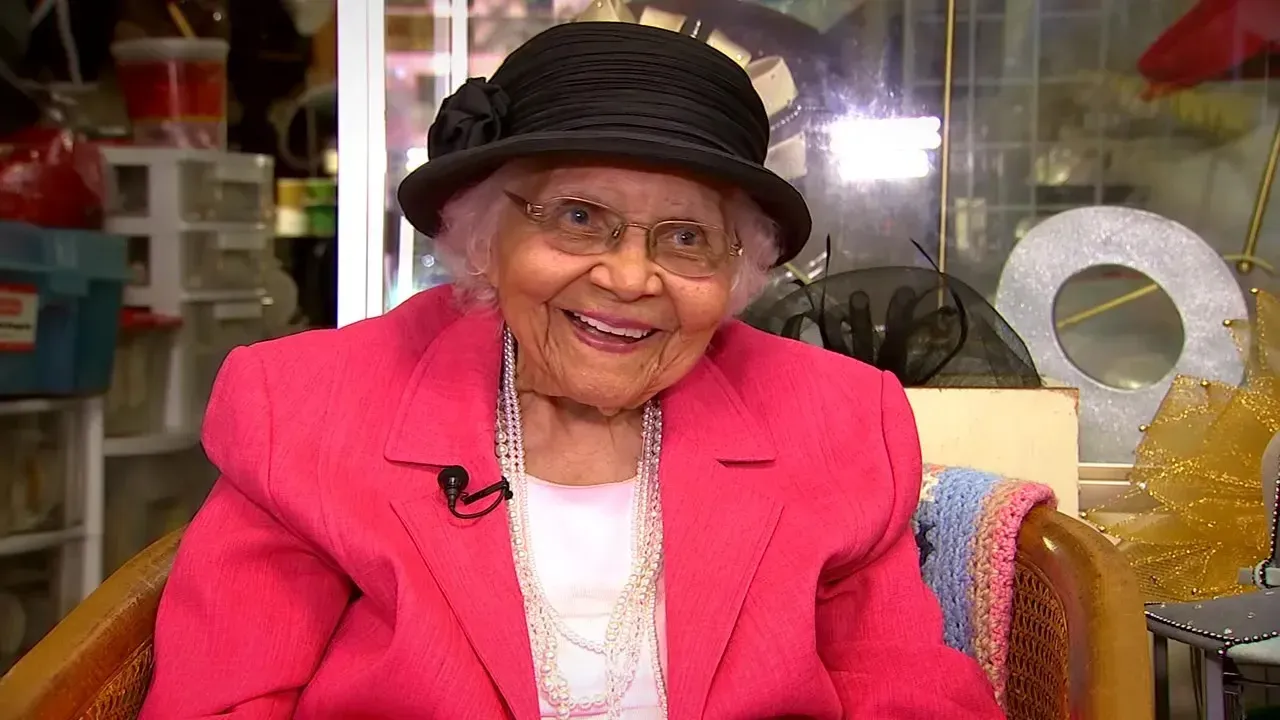The Growing Need for Senior Care Services Amid an Aging Population
As populations around the world continue to age, the demand for senior care services is reaching unprecedented levels. This demographic shift is driven by increased life expectancy, declining birth rates, and the aging of the baby boomer generation. In the United States alone, the number of people aged 65 and older is projected to reach over 80 million by 2040, nearly doubling from 2020. This surge presents both challenges and opportunities for healthcare systems, families, and communities—and opens the door for scalable solutions like senior care franchises to meet growing demand efficiently.
One of the most pressing concerns is the strain on traditional caregiving models. Historically, elder care was provided within families, often by adult children. However, modern societal changes—such as smaller family sizes, geographic dispersion, and dual-income households—have made it increasingly difficult for families to provide full-time care. As a result, professional senior care services, including assisted living, home health care, and skilled nursing facilities, are becoming essential. Senior care franchises are uniquely positioned to fill this gap by offering structured, professional services that can be rapidly deployed across communities.
The growing need for senior care is not just about quantity- it’s also about quality and specialization. Older adults often face complex health issues such as dementia, mobility limitations, and chronic diseases like diabetes and heart conditions. These require trained professionals and tailored care plans that go beyond basic assistance. Many senior care franchises offer specialized training and protocols to ensure caregivers are equipped to handle these challenges, often exceeding the standards of independent providers. Innovations in geriatric medicine, telehealth, and remote monitoring technologies are helping bridge the gap, and franchise systems are increasingly integrating these tools to enhance care delivery.
Challenges in Senior Care
Senior care faces a range of challenges that impact both caregivers and older adults. Common issues include managing chronic health conditions, mobility limitations, and cognitive decline such as dementia. Emotional struggles like depression, anxiety, and loneliness are also prevalent, especially among seniors with limited social support. Financial constraints and staffing shortages further complicate care delivery, often leading to inconsistent or rushed services. Safety concerns, poor nutrition, and the stress of transitioning into care facilities add to the complexity. Additionally, caregiver burnout and the risk of neglect or abuse highlight the urgent need for better oversight, training, and support systems in senior care environments. Senior care franchises help address these issues by offering centralized support, standardized procedures, and ongoing staff development—ensuring consistent quality across locations.
Best Practices in Senior Care
High-quality senior care relies on a set of best practices that prioritize compassion, personalization, and coordination. Individualized care planning ensures that each senior’s physical, emotional, and social needs are addressed, while regular in-person contact and home visits foster trust and better understanding. A multidisciplinary team approach enhances care through collaboration among healthcare professionals. Promoting independence with adaptive tools, coaching in self-care, and maintaining effective communication all contribute to improved outcomes. Special attention to transitions of care, social engagement, and the use of technology helps streamline services and reduce isolation. Senior care franchises often incorporate these best practices into their operational models, ensuring that franchisees are trained to deliver care that meets or exceeds industry standards. Finally, supporting caregivers through training and self-care initiatives is essential to sustaining quality and preventing burnout—another area where franchise systems provide valuable resources.
Economic and Policy Considerations
From an economic perspective, the senior care industry is poised for significant growth. It offers employment opportunities across a wide range of roles—from caregivers and nurses to administrators and tech developers. However, workforce shortages remain a major hurdle. Recruiting, training, and retaining qualified staff is essential to meet the rising demand and ensure high standards of care. Senior care franchises help mitigate these challenges by offering centralized hiring support, competitive compensation structures, and career development pathways that attract and retain talent.
Policymakers also have a crucial role to play. Expanding funding for Medicare and Medicaid, incentivizing caregiving careers, and supporting family caregivers through tax credits and respite programs are vital steps. Franchise networks can be instrumental in scaling services to meet policy goals, especially in underserved or rural areas where access to care is limited.
The Role of Senior Care Franchises
Senior care franchises can play a vital role in addressing many of these challenges. By operating within a proven business model, they deliver consistent, high-quality care across multiple locations. Franchises benefit from centralized training, standardized safety protocols, and access to advanced technologies that enhance communication and care coordination. Their scale allows for better staffing, competitive wages, and sustainable operations, while also offering structured support to reduce caregiver burnout. With the ability to provide both in-home and facility-based care, senior care franchises are well-positioned to meet the growing and complex needs of older adults in today’s society.
About the Author
Bob Hays, a Franchise Consultant and member of the Veterans Franchise Council, leverages his firsthand experience as a former franchise owner to provide strategic guidance. He helps individuals and business owners navigate franchise opportunities with informed decision-making and expert support. Contact Bob at bhays@thefranchiseconsultingcompany.com.











